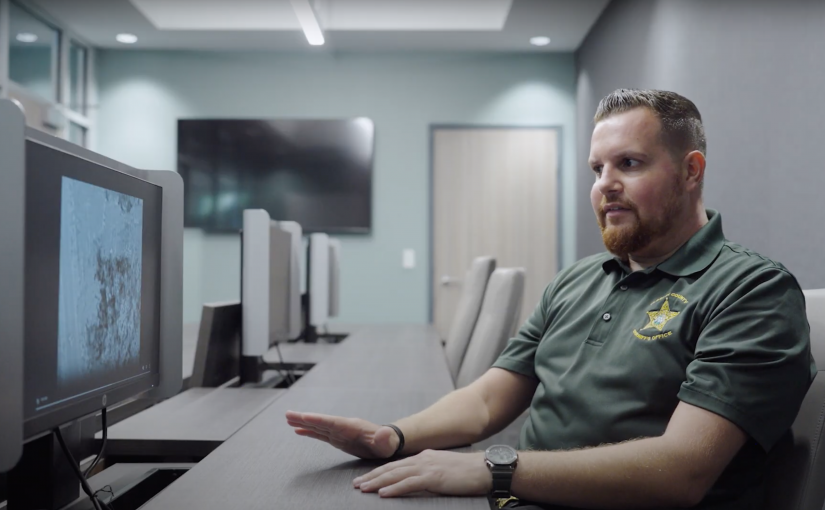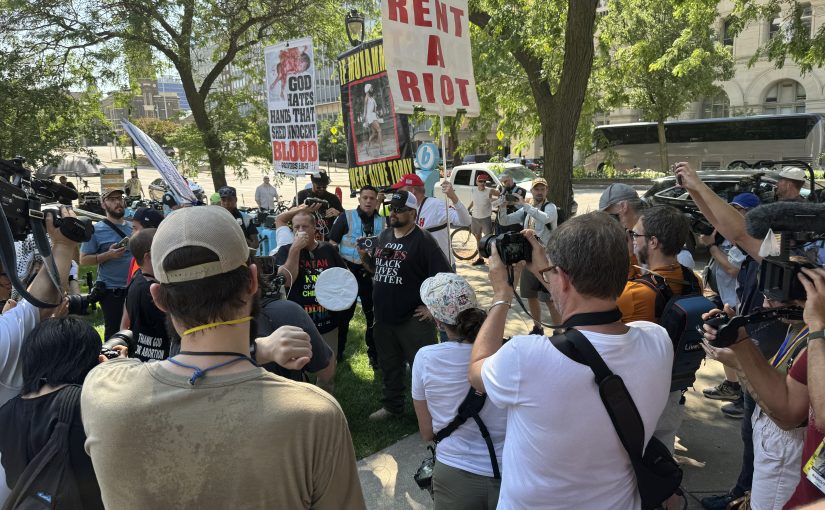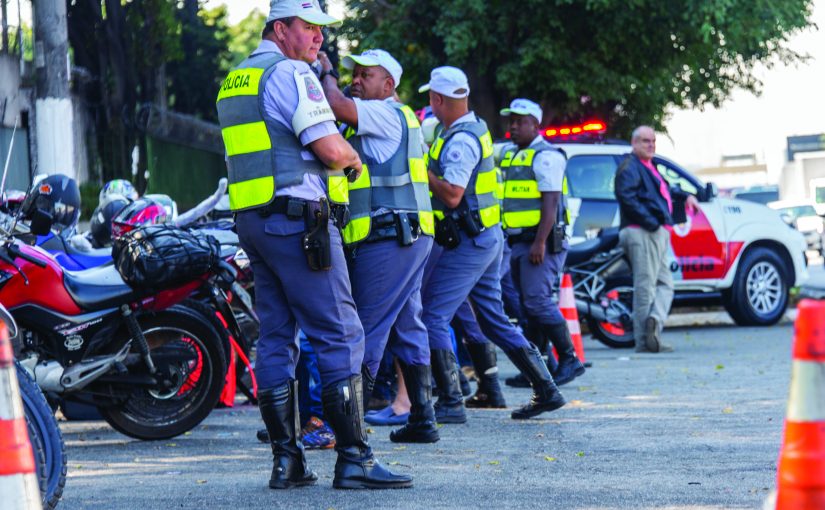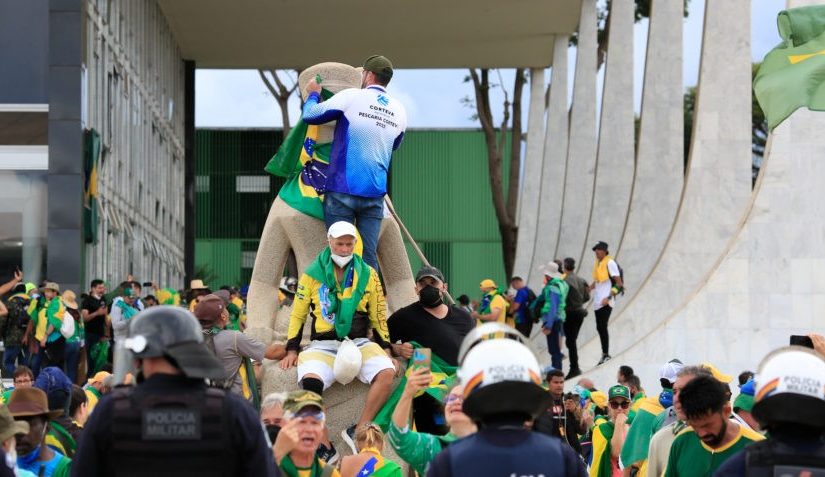
Share
In recent years, the policing landscape has undergone a seismic shift. Technological advances and increased scrutiny have placed law enforcement under an unprecedented microscope. Claims of police mis...

Share
Police leaders sometimes find themselves in precarious positions, balancing the need for transparency and improvement with the potential for public dissatisfaction and criticism. However, two forward-...

Share
With more than 1 million visitors expected ahead of Super Bowl LVII (2023), the Arizona Fusion Center—also known as the Arizona Counter Terrorism Information Center (ACTIC)—knew the Phoenix metro ...

Share
The Flagler County Sheriff’s Office (FCSO) in Florida has taken a groundbreaking approach to public safety by incorporating drone technology to enhance both officer and community safety. FCSO’s pr...

Share
As the United States ebbs closer to its next election season, with the anticipated risk of protests becoming violent, the swath of campus disturbances across the United States in April 2024 prompts th...

Share
The First Amendment of the U.S. Constitution guarantees “the right of the people peaceably to assemble.” Throughout U.S. history, this liberty has shielded public assemblies and contributed to po...

Share
The beginning of the newly elected presidential government in Brazil in 2022 was marked by an attempt to break the democratic regime through the invasion and vandalism of the headquarters of the three...


